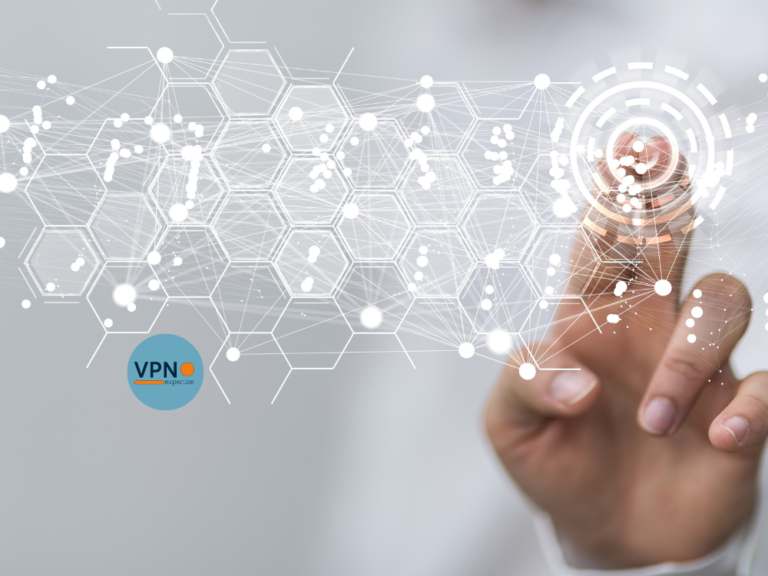Table of Contents
In today’s digital landscape, virtual private networks (VPNs) have become an integral tool for ensuring online security and privacy. However, there are several misconceptions surrounding VPN technology that often lead to confusion and misinformation. This blog aims to dispel common myths and misconceptions about VPNs, providing clarity on what VPNs can and cannot do. By delving into the factual aspects of VPN usage regarding security, privacy, and functionality, we aim to educate readers on the true capabilities of VPN technology.
Debunking Common VPN Myths and Misconceptions
Myth 1: VPNs are Only for Illegal Activities
One prevalent myth about VPNs is that they are exclusively used for illicit or illegal activities. In reality, VPNs serve a much broader purpose, providing a secure and private connection for various legitimate activities, including remote work, accessing geo-restricted content, and safeguarding sensitive data.
Myth 2: Free VPNs are Just as Good as Paid VPNs
Contrary to popular belief, free VPNs do not offer the same level of security, privacy, and functionality as their paid counterparts. There are inherent risks associated with free VPN tools, including potential data leaks and compromised encryption, which can significantly impact the user’s online security.
Myth 3: VPNs Provide Complete Anonymity
While VPNs are designed to enhance online privacy, they do not guarantee complete anonymity. It’s important for users to understand the capabilities and limitations of VPNs in safeguarding their online identities.
Myth 4: VPNs Speed Up Your Internet
Another common misconception is that VPNs can accelerate internet speeds. In reality, VPN connections can introduce a small amount of latency, which may impact network performance to some extent.
Myth 5: VPNs Protect Against Malware and Viruses
While VPNs create a secure and encrypted connection, they are not a foolproof solution for protecting against malware and viruses. Users should complement their VPN usage with robust antivirus and antimalware tools for comprehensive protection.
Myth 6: VPNs Can Bypass Any Geo-Restrictions
While VPNs can help bypass certain geo-restrictions, some online platforms have become adept at detecting and blocking VPN usage. It’s important for users to be aware of the evolving measures taken by content providers against VPN usage for circumventing geo-restrictions.
The Factual Aspects of VPN Usage
Enhancing Security and Privacy
VPN usage plays a vital role in enhancing security and privacy by encrypting internet connections and masking users’ IP addresses. This ensures that sensitive data remains protected from unauthorized access and surveillance.
Understanding VPN Functionality
VPNs are commonly used for access control, providing a means of accessing a secure corporate network over unsecured public networks. By routing internet connections through private services, VPNs help users safeguard their online privacy without relying solely on their internet service providers.
Impact on Internet Speed and Streaming
It’s important to consider the impact of VPN usage on internet speed and streaming, as some platforms are adept at detecting and blocking VPN connections. While VPNs can introduce latency, the trade-off for enhanced security and privacy can outweigh the marginal impact on speed for many users.
Reputable VPN Providers Debunking Common Myths
Several reputable VPN providers have taken proactive measures to debunk common myths and misconceptions about VPN technology. Providers like NordVPN, Atlas VPN, and Surfshark emphasize the legality, minimal impact on internet speeds, transparency, and the importance of VPN usage even for legitimate activities. Their services are designed to counter prevalent myths and highlight the various benefits of using a VPN.
Conclusion
In conclusion, understanding the facts and dispelling common myths about VPNs is crucial for making informed decisions about online security. By debunking misconceptions and shedding light on the factual aspects of VPN usage, users can harness the full potential of VPN technology for safeguarding their online presence and data privacy.
For a more comprehensive understanding of VPN usage, its types, and how it works, we encourage readers to explore the original reference documents.
Stay informed, stay secure!

